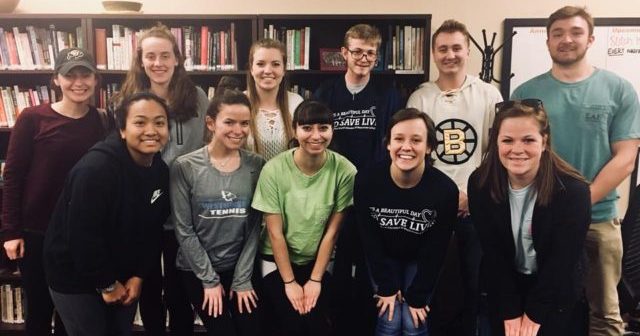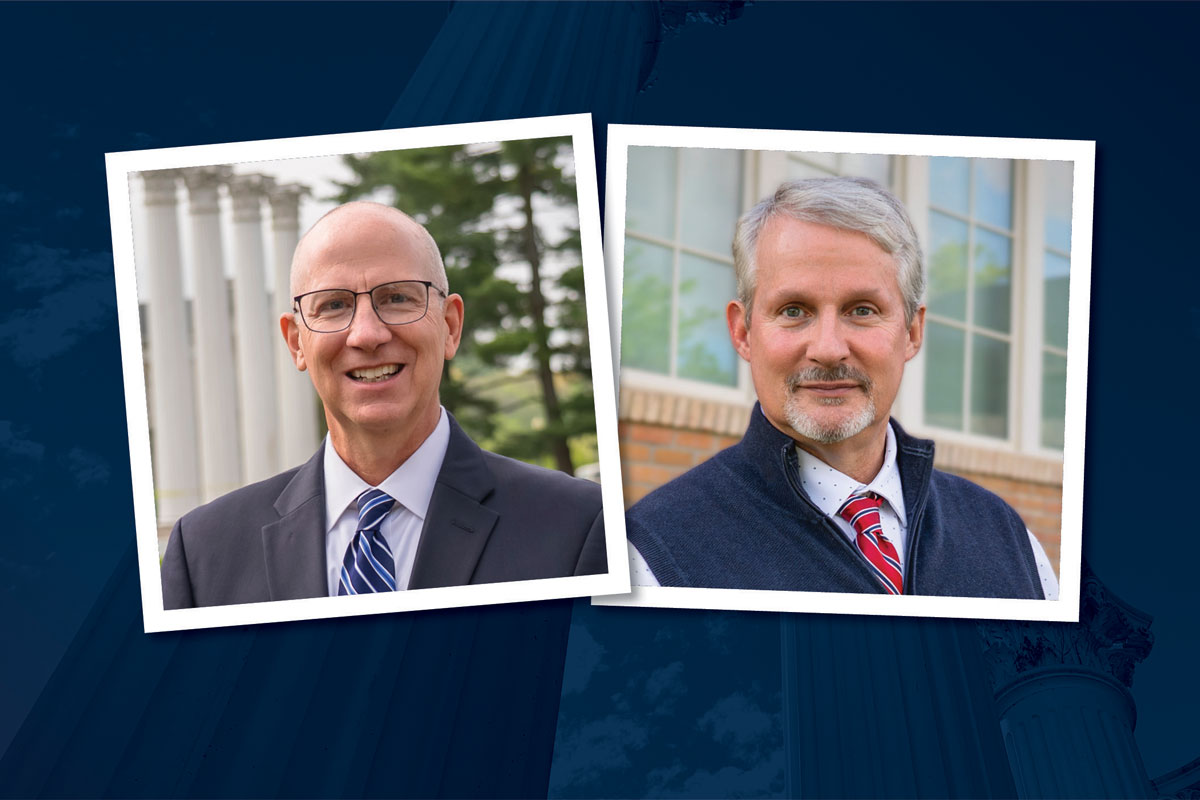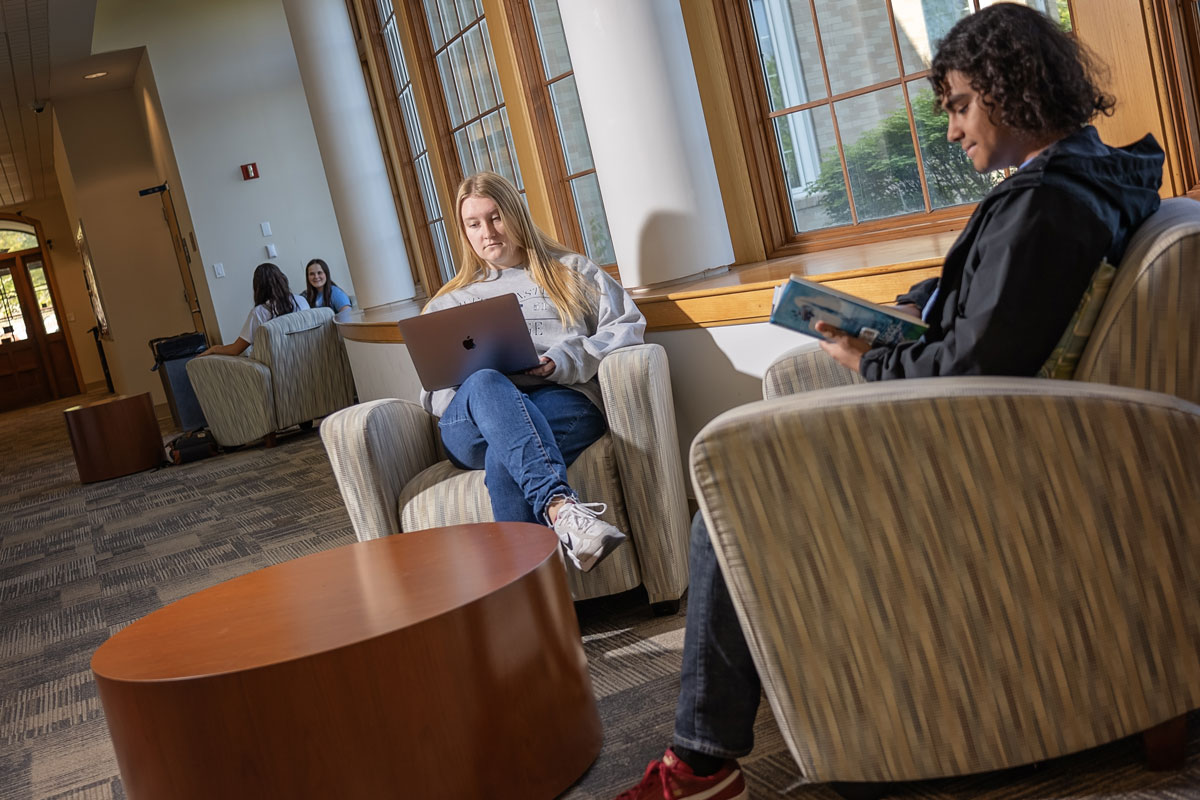Eleven Westminster student leaders completed national certification training March 2-3 at the University of Missouri-Columbia to become certified peer educators through the NASPA/BACCHUS organization.
College leaders from a variety of Missouri campuses came together to learn effective ways to improve the health of their peers and successfully completed a certification examination.
They covered topics regarding communication, diversity, bystander intervention, and high-risk behavior management.
“The skills these students improved will benefit the Westminster campus through educational programming with the Peer Health Educator group,” says Amanda Gowin, faculty advisor to the Peer Health Educators and Westminster health educator and registered dietitian.
Students who completed the training include:
- Megan Davis ’19 KAѲ from St. Louis, Missouri
- Jeremy George ’20 from Norman, Oklahoma
- Samuel Giftos ’20 ΒΘΠ from Glasford, Illinois
- Madison Gregory ’20 AΓΔ from Chillicothe, Missouri
- Matthew Hagen ’20 ΣΑΕ from Columbia, Missouri
- Katherine Hammon ’20 Columbia, Missouri
- Samantha Henderson ’21 from Louisiana, Missouri
- Margaret Morris ’20 from Eugene, Missouri
- Isabel Peng ’20 from Columbia, Missouri
- Kimber Summers ’18 from Fulton, Missouri
- Cara Wilfong ’20 from Columbia, Missouri
The mission of Westminster’s Peer Health Educator (PHE) program is to actively promote healthy, safe and responsible living on Westminster’s campus and in our community. As a PHE, students have the opportunity to learn the most current information on a variety of health-related topics important to the life of a college student. This includes alcohol responsibility, nutrition and fitness, tobacco, healthy relationships, stress, mental health issues, violence prevention, eating disorders, and sexual health and responsibility.
NASPA Student Affairs Administrators in Higher Education is the leading voice for student affairs administration, policy, and practice, and affirms the commitment of the student affairs profession to educating the whole student and integrating student life and learning.
The organization promotes the advancement, health, and sustainability of the student affairs profession and serves a full range of professionals who provide programs, experiences, and services that cultivate student learning and success in concert with the mission of our colleges and universities.
Established in 1918 and founded in 1919, NASPA is comprised of over 15,000 members in all 50 states, 25 countries, and 8 U.S. Territories.
The BACCHUS Initiatives of NASPA support collegiate peer educators and advisors by empowering students and student affairs administrators to create campus environments which are healthy and safe.
This is the editorial account for Westminster College news team. Please feel free to get in touch if you have any questions or comments.






